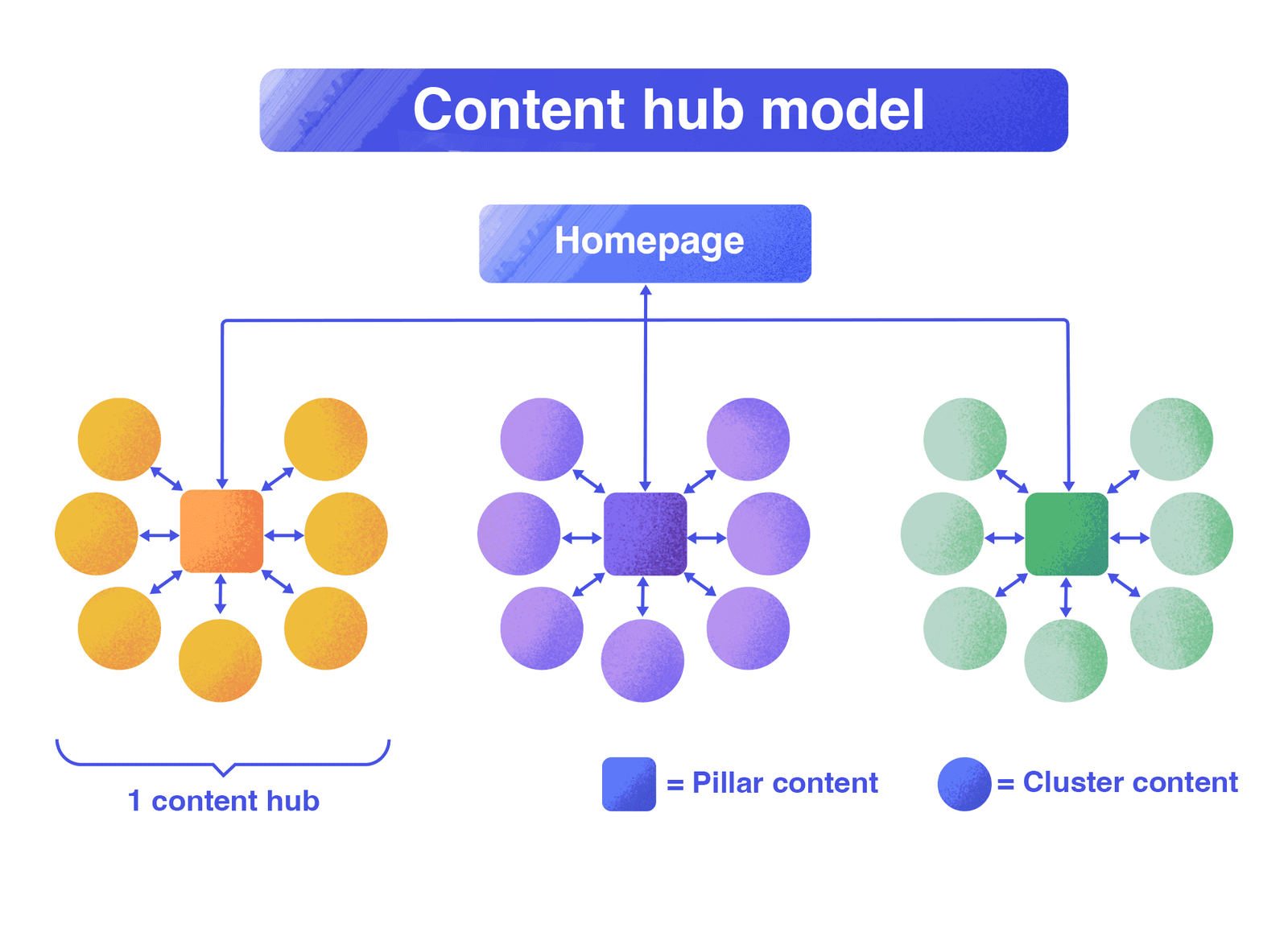Understanding Semantic SEO: The Future of Search Optimization and Why It’s a Game-Changer for 2025
Alright, buckle up! Semantic SEO is basically the fancy way search engines *understand* what your content really means, not just the keywords you slap on your page. Imagine Google as a super-smart detective who looks beyond just literal words; it tries to grasp the context, user intent, and the bigger picture. By 2025, semantic search optimization is no longer optional—it’s the backbone of every smart SEO strategy. This means your SEO keywords 2025 aren’t just random phrases but concepts connected to your topic. Think of it like telling a story instead of throwing random words in a blender.

How NLP Is Transforming SEO Strategies in 2025 and Making SEO Experts Drool Over This Tech Magic
Natural language processing SEO is basically teaching computers to understand human language *like humans do*. In 2025, NLP SEO techniques are the secret sauce that helps search engines figure out what the heck your content means. No more stuffing keywords awkwardly—NLP allows for recognizing synonyms, context, and even the tone. This means SEO experts can seriously improve search rankings NLP-style, by creating content that *actually* answers searchers’ questions. It’s like having a brainy helper who writes, edits, and optimizes your pages all at once.

Key NLP Techniques to Enhance Your Website’s Semantic Relevance and Make Your Content Shine Bright Like a Diamond
So, how do you actually *use* NLP SEO techniques? There are a few tricks: entity recognition (more on that soon!), sentiment analysis (knowing if your content sounds happy or serious), and keyword context optimization. These help your site talk to Google in its own language. For example, semantic keyword research involves finding terms related to your main topic that users might search for—without spelling it out literally. Using these methods means your content feels relevant and meaningful, which = better rankings!

Leveraging Entity Recognition for Smarter Content Optimization and Why It’s Your New Best Friend for SEO Domination in 2025
Entity recognition is like a digital “name tag” system. It identifies people, places, brands, & concepts in your content and tags them properly so search engines *get* exactly what you’re talking about. By using this technique, your semantic keyword research is sharper and more precise. It’s like giving your website a VIP pass in the SEO club. This method improves your chances of showing up in rich snippets (those cool answer boxes) and helps you rank for advanced SEO 2025 searches.
The Role of Topic Modeling in Boosting Search Rankings by Grouping Your Content Into Meaningful Baskets Everyone Wants to Peek Into
Topic modeling is like clustering related words and ideas around your content’s main subjects. Imagine having a magical basket where all your related keywords chill together, telling search engines, “Hey, this page knows its stuff!” This boosts semantic search optimization and makes your content more discoverable for varied search queries. It’s perfect for AI SEO strategies because it allows content creators to cover entire topics in depth, not just bits and pieces, paving the way for better user experience and higher rankings.
Using Natural Language Generation to Create High-Quality SEO Content Without Pulling All-Nighters or Drinking Too Much Coffee
Who wants to write endless blog posts when AI can help? Natural Language Generation (NLG) is a part of NLP that *writes* content based on data inputs. Think of it as a content robot with a creative streak. Using NLG for SEO keywords 2025 means pumping out high-quality, relevant articles faster than ever. But don’t worry—it’s not about replacing humans, just giving us a superpower boost to scale our content creation without sacrificing semantic relevance.

How AI-Powered Semantic Analysis Improves User Intent Targeting and Makes Your Website the Sherlock Holmes of Search Results
Ever wonder how some websites seem to read your mind? That’s AI-powered semantic analysis in action. It helps SEO pros nail the *user intent*—what searchers actually want to find—whether it’s to buy, learn, or just chill. With semantic SEO and NLP, your content aligns better with search intent, making it super relevant. This leads to lower bounce rates and higher engagement, which Google loves and rewards with better rankings.
Practical Steps to Integrate NLP Tools into Your SEO Workflow Without Feeling Like You’ve Just Landed on Another Planet
Ready to roll up your sleeves? Here’s how to add NLP magic to your SEO toolkit:
1. Use tools like Google’s BERT or spaCy for entity recognition.
2. Run semantic keyword research with tools that understand context (hello, MarketMuse!).
3. Generate content drafts using NLG platforms (try Jasper or Writesonic).
4. Analyze user intent with AI-powered analytics tools.
5. Constantly update your content based on semantic insights.
The best part? These don’t require you to become a coding wizard—many have user-friendly interfaces.

Measuring the Impact of Semantic SEO on Your Website Traffic and Why It Feels Like Watching Your Website Grow Up Like a Proud Parent
Tracking results is key. To see if semantic SEO is working, monitor metrics like:
– Increased rankings for semantically related keywords.
– Improved click-through rates from search results.
– Higher dwell time and lower bounce rates.
– More featured snippets and voice search appearances.
Tools like Google Analytics and SEMrush now include semantic analysis features to help you see how your advanced SEO 2025 efforts pay off. The best feeling? Knowing your hard work with natural language processing SEO is making you the Google darling you always dreamed of!
Preparing for the Next Wave of Search Engines: Semantic SEO Best Practices to Stay Ahead of the Pack in 2025 and Beyond
Future-proof your SEO by:
– Focusing on high-quality, context-rich content.
– Using semantic keyword research to cover related topics.
– Leveraging AI SEO strategies for better content and analysis.
– Staying updated with NLP SEO techniques and tools.
– Optimizing for voice and visual search, which rely heavily on semantics.
Search engines are becoming smarter every day, and semantic SEO is the ultimate cheat code for your 2025 SEO game. So, get your AI-powered SEO gear ready, and watch your website climb those rankings like a boss!


Leave a Reply